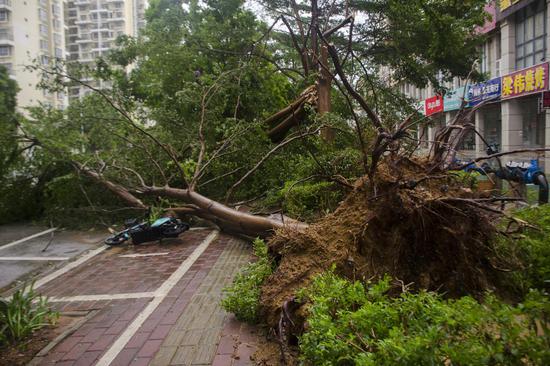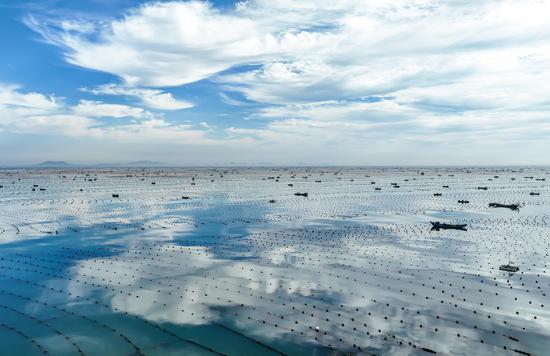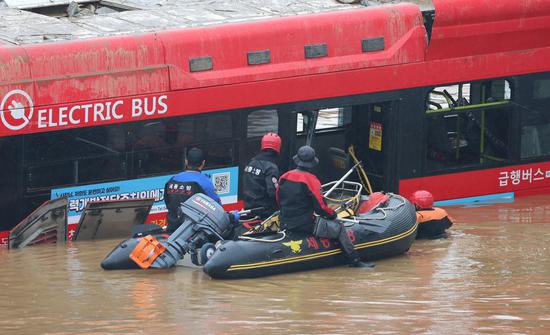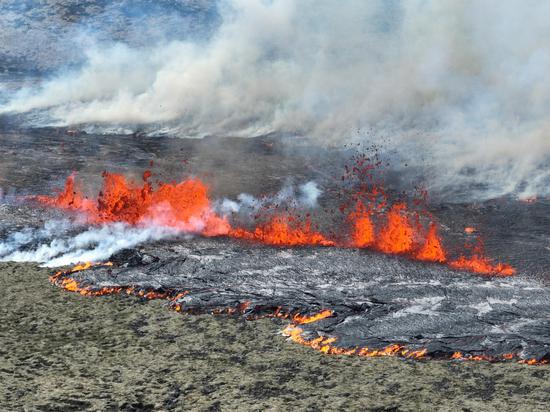The dangers caused by extreme heat conditions currently being experienced across continental Europe have been highlighted in Greece, after 1,200 children had to be evacuated from a summer camp near the capital Athens because of forest fires being made worse by high winds.
The fire broke out close to the popular beach resort of Loutraki, with Reuters reporting that around 50 fire engines, 40 soldiers and 13 aircraft had been deployed to try and tame the blaze, which had caused local highways to be shut and train services to be disrupted.
Not far away, near Kouvaras, southeast of Athens, a second major blaze began, with the wind making conditions even more difficult for firefighters.
"Due to high winds, the blaze spread across 12 kilometers in two hours," Greek Fire Service spokesman Ioannis Artopoios told a televised news conference. "Tuesday will also be a very difficult day. There is a very high risk for fires."
Temperatures have been high across the country all week and could peak at as high as 41 C in the coming days, with the World Meteorological Organization warning that high temperatures are likely to continue into August.
Summer wildfires are a regular occurrence in Greece. In 2018, 101 people died in the seaside town of Mati, east of Athens. But fears are higher than usual this year because of a dry winter followed by the extreme heat of summer.
"Today was the first essentially difficult day of this summer," said Greek Prime Minister Kyriakos Mitsotakis, who is in Brussels for a summit.
"No doubt more will follow. Wildfires have occurred and will continue to occur. This is also one of the effects of the climate crisis that we are experiencing with increasing intensity."
Other parts of Europe suffering in the heat include the Italian island of Sardinia, which was expected to experience temperatures of 46 C on Tuesday, not far off from the all-time European record high of 48.8 C, which was recorded on another Italian island, Sicily, in August 2021. And forest fires have caused thousands of people on the Spanish island of La Palma to leave their homes.
As well as the obvious physical danger and damage, the extreme weather could leave its economic mark on the areas affected, with data from the European Travel Commission showing that even before the latest incidents, the number of people planning to travel to the Mediterranean region between June and November was 10 percent down on figures from last year, when similarly extreme conditions were experienced.
At the same time, more temperate countries such as Ireland and Denmark, where such conditions are far less likely, are reported to be proving more popular with travelers.


















































 京公网安备 11010202009201号
京公网安备 11010202009201号